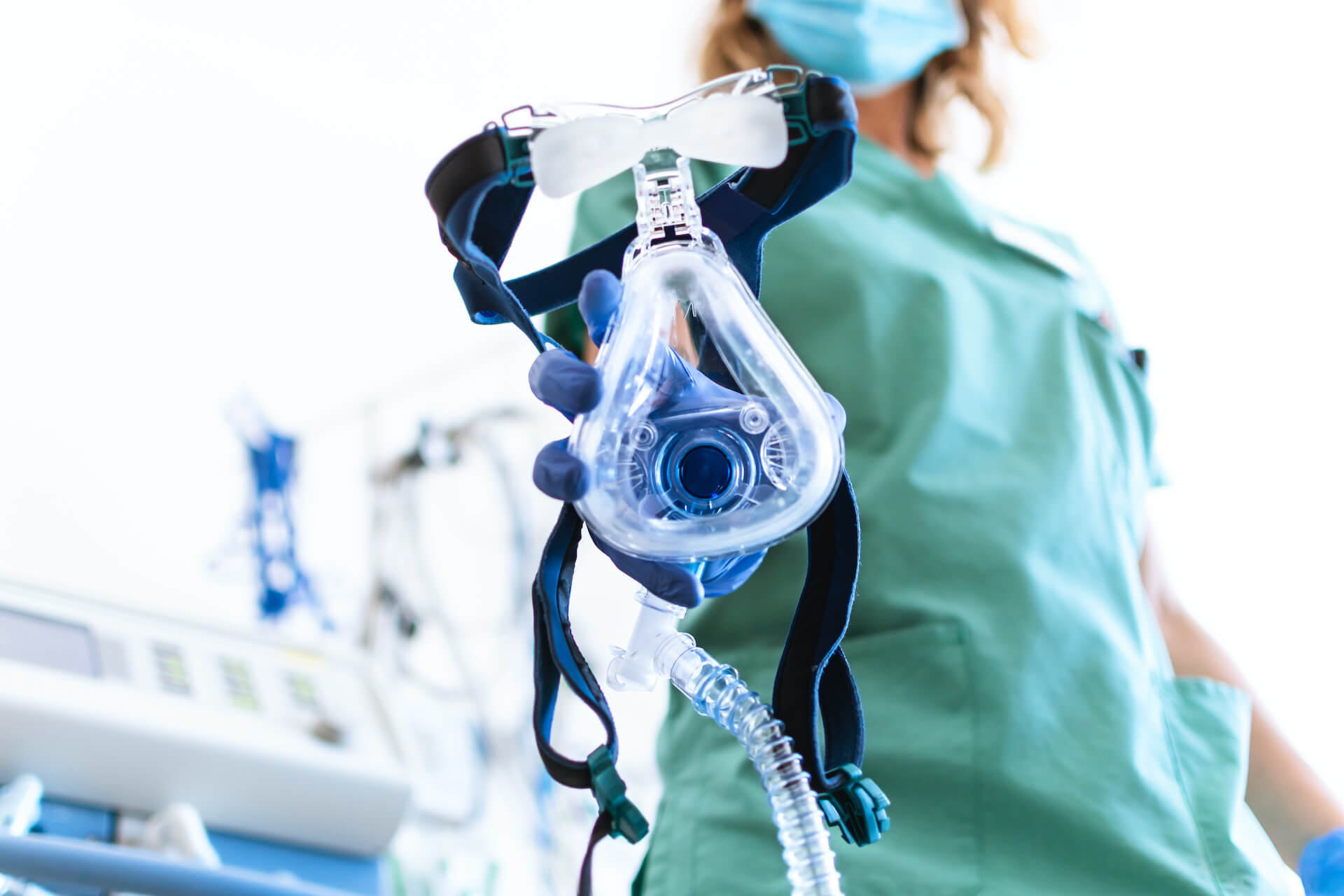Covid-19 has created new opportunities for manufacturers and distributors in Malaysia’s medical devices industry, fuelling a greater need for digital marketing, business development and research professionals.
Recruitment consultant, Nicky Wu, who specialises in the healthcare sector at PeopleFirst Consulting, PeopleSearch Group’s Malaysia office, looks at the industry’s growth potential and emerging talent trends.

Covid-19 has changed the way companies interact with clients. It’s also fuelling demand for pandemic-related devices and research.
By

ASEAN’s medical devices industry is expected to generate more than US$8 billion in revenue in 2021, according to BMI Research.
Malaysia is among the key players in this landscape. Its medical devices industry constitutes more than 200 manufacturers. 30 of these are multinationals that have made Malaysia their manufacturing base. Among these companies are reputable names such as Abbott, Toshiba Medical Systems, and Braun.
The Malaysian government sees this as a high potential growth area. Among the devices the country produces are surgical tools, syringes and needles, optical lenses and blood transfusion sets.
According to the Association of Malaysian Medical Industries, exports of medical devices were valued at US$5.6 billion in 2019. This constitutes over 90 per cent of the medical devices manufactured in the country. Of these, over 50 per cent go to the US, Germany, Japan, and China. In fact, 60 per cent of the world’s supply of medical gloves and 80 per cent of the world’s supply of catheters come from Malaysia.
COVID-19 AND MORE VALUE-ADDED PRODUCTS
Businesses are now shifting their focus to more value-added products. These include medical imaging devices (components of magnetic resonance imaging (MRI) machines), x-rays, computed tomography (CT) scanners, and nuclear imaging systems.
Experts note that the Malaysian government’s commitment to increase investments in the domestic healthcare sector has also made international investors sit up and take notice.
For one thing, the government has allocated more funds to hospital departments that require equipment to manage Covid-19. These include ventilators, critical care and patient monitoring machines, diagnostic test kits, gloves and surgical masks. As such, manufacturers of such devices are doing well due to greater demand.
However, equipment manufacturers that cater to less urgent medical procedures have been on the sidelines. This is expected to change this year as medical facilities catch up on delayed surgeries.
FEWER COMPANIES SETTING UP DIRECT SALES TEAMS
Beyond this, Covid-19 has made a noticeable impact on how companies market and sell their products.
Medical devices sales representatives who usually go to medical facilities to meet doctors and nurses in person have had to curtail such interactions due to pandemic mitigation measures.
This has, in turn, made multinational players rethink their strategies when it comes to direct selling. Today, fewer are setting up direct sales teams in Malaysia. Instead, they are reaching clients through webinars and online training sessions.
With the rollout of the Covid-19 vaccine, it is expected that sales representatives will resume face-to-face direct selling. When it comes to demonstrating complex devices, in-person interactions are naturally much more effective than virtual sessions.
IN-DEMAND TALENT
To market and sell less complex devices such as syringes, gloves, masks, tubes and catheters, companies are turning to online marketplaces. As such, demand for digital marketers is increasing.
New products to manage Covid-19 and possible future pandemics are also constantly being researched and developed. In light of this, companies need senior executives in the areas of business development, marketing, product management and market development.
The pandemic has also increased the need for clinical researchers to look into how the next pandemic can be combatted and/or dealt with better. Healthcare companies in general have been expanding their research departments.
GREATER DISCERNMENT IN HIRING AND A RISE IN REMOTE WORK OPPORTUNITIES
Even though the medical devices industry is projected to grow in the years ahead, continuing uncertainty in the global economy has made employers in the industry even more discerning than before when it comes to shortlisting and hiring candidates. They are looking for individuals who are capable of thriving in a rapidly changing business environment. Candidates who show themselves to be adaptable, resilient and able to solve problems will stand out.
The pandemic has also increased opportunities for remote work across borders in the healthcare industry. For instance, regulation and compliance regimes in Malaysia are similar to those in countries such as Australia, hence there is potential for Malaysia-based employees to support teams in other countries.
Going forward, candidates need to be equipped with technical know-how and the willingness to learn. Those with transferable skills such as business development, market development and digital marketing can also consider building a career in this growing market if they are willing to pick up and deepen their industry knowledge.




Leave A Reply